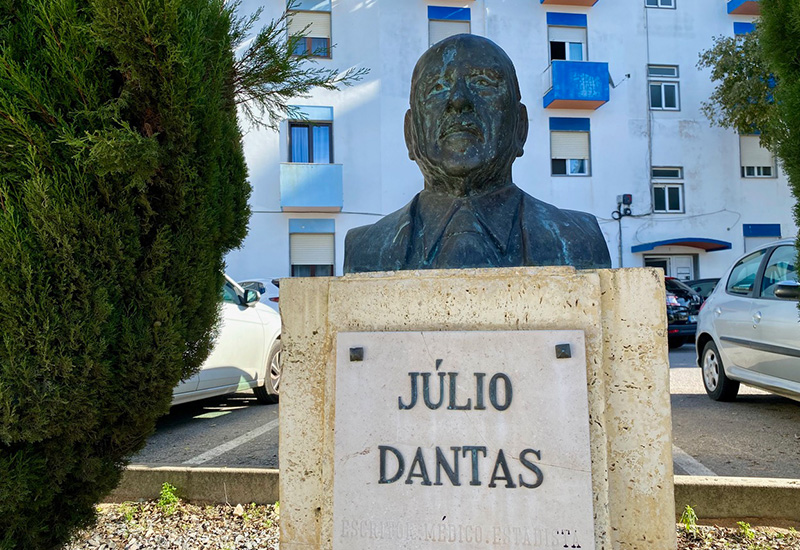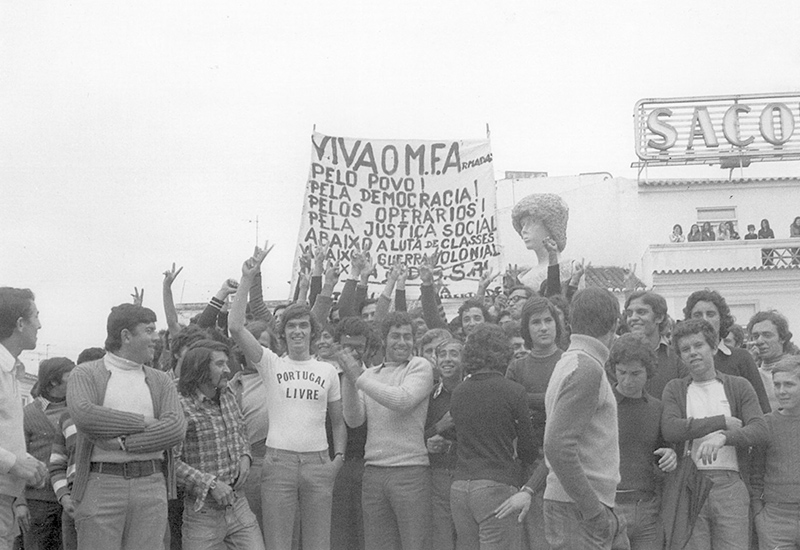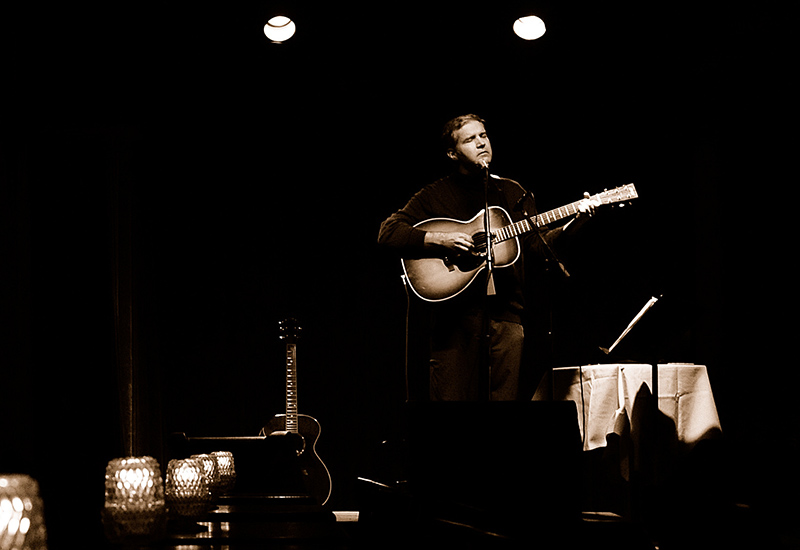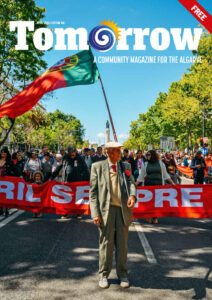Many will have come across the name Júlio Dantas in Lagos. A secondary school, a road and the public library bear his name. There is also a bust of him by the market in Santo Amaro. But who was Júlio Dantas, and why is he commemorated in Lagos?
When I delved into the history of Dantas, I began to appreciate why his legacy has been honoured. He was born in Lagos on 19 May 1876 and died in Lisbon in 1962 at the age of 86. He had a long and illustrious career, becoming one of the best-known Portuguese intellectuals of the 20th century. He completed his studies in medicine at the University of Lisbon, specialising in psychiatry, which he practised as a military doctor. However, literature was his great passion, and it gave rise to a vast range of literary works, from novels, essays, poems and plays to journalism. At the age of 21, he published his first article, and four years later, his first book of poems appeared.
He exalted the cult of heroism and the glorification of romantic love in his works. The setting was usually the 18th century, often highlighting the decadence of aristocratic life. His writing was considered pompous and archaic by the younger modernist writers, and he became the object of vivid criticism.
However, it was as a playwright that he truly excelled. His play A Ceia dos Cardeais (The Supper of the Cardinals), written in 1902, was a huge success. It was repeatedly performed on stage and later on television. Translated into many languages, it brought him international acclaim.
He adapted his novel Severa (1901) to be performed on stage. It was significant in many ways. It told the story of Maria Severa Onofriana, a prostitute with gypsy roots who immortalised fado singing as we know it today. The play was a runaway success. It was also performed as an opera and, in 1931, was made into a film – the first Portuguese all-talking sound film.
He established himself as one of the Portuguese writers who best employed the Portuguese language. He translated the works of Cervantes and Shakespeare and later coordinated the spelling agreement with Brazil.

Dantas became a public figure involved in a wide range of activities. He taught at and directed the National Conservatory of Lisbon and founded the Portuguese Society of Authors. His merit and cultural prestige were publicly acknowledged when he became the president of the Academy of Sciences and was awarded honorary doctorates in Brazil and by the University of Coimbra in 1954.
During the tumultuous times in which he lived, his politics were pragmatic. He served as a deputy during the time of the monarchy and a minister in the First Republic following the overthrow of the monarchy. After the military revolution of 1926, which opened the way to the right-wing dictatorship of Salazar, he was the leading promoter of the grand Portuguese World Exhibition, which took place in Lisbon in 1940. It was held to mark 800 years since the foundation of the country and 300 years since the restoration of independence from Spain. The dictatorship’s propaganda machine went into overdrive, promoting the New Order (Estado Novo) and presenting its colonial endeavours in a rosy light. In 1949, he was appointed Portuguese Ambassador to Brazil.
Despite being cast as reactionary by his modernist contemporaries, Dantas seemed avant-garde in some of his writing. For example, in Os Crucificados (1902), he touched on realism and social drama, and addressed the case of homosexuality for the first time on stage in Portugal. Having already expressed strongly anticlerical sentiments in his play A Santa Inquisition (1910), he also resisted social pressure at the time, marrying his wife in a civil ceremony in 1942 and refusing a Catholic funeral in line with his secular convictions.
He was awarded multiple honours and accolades due to his public office and services to literature and culture. However, he always seemed to remember Lagos, his hometown. He was the patron of the first public school in Lagos, named after him. As Inspector of Libraries, he supported the municipal library of Lagos and donated over 10,000 books. Both the road and the library are named after him.
If you visit the Santo Amaro market in the upper part of Lagos, pause for a moment. There you’ll find a bronze bust of Júlio Dantas made by Tolentino Abegoaria on behalf of the Rotary Club of Lagos. Perhaps now the name of Júlio Dantas will have a different significance?














